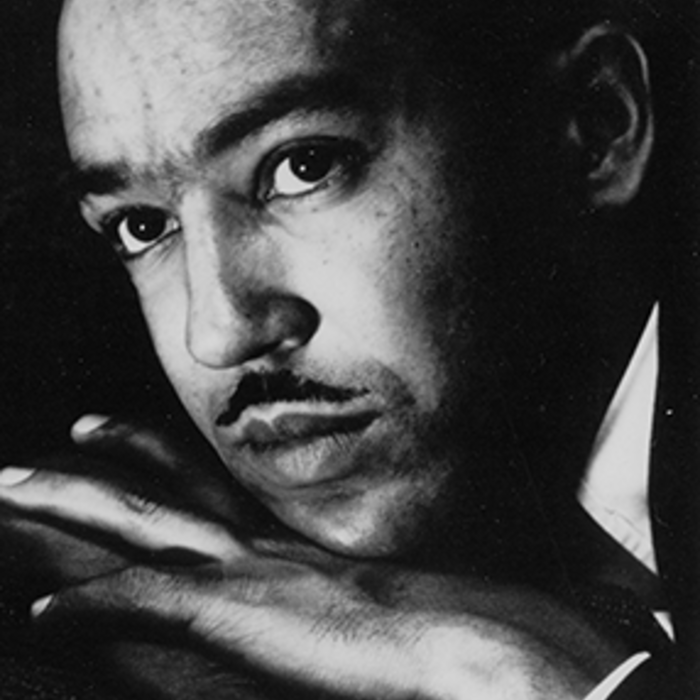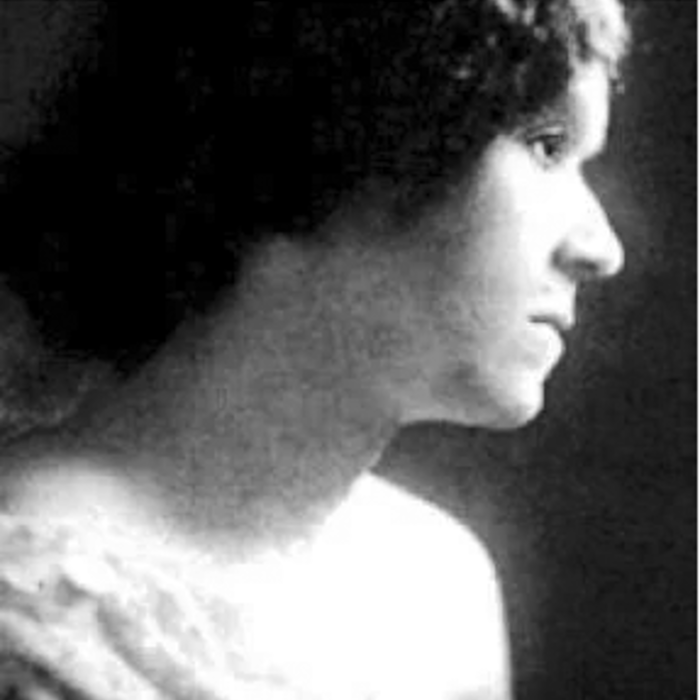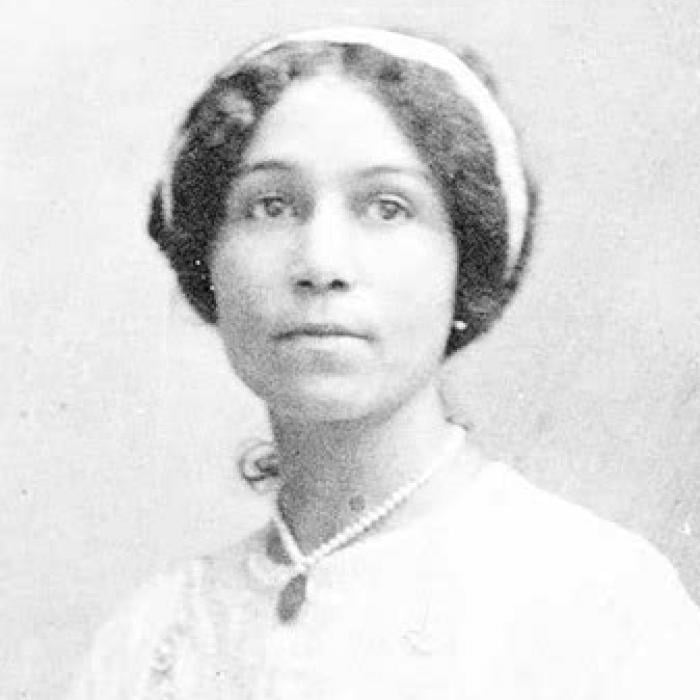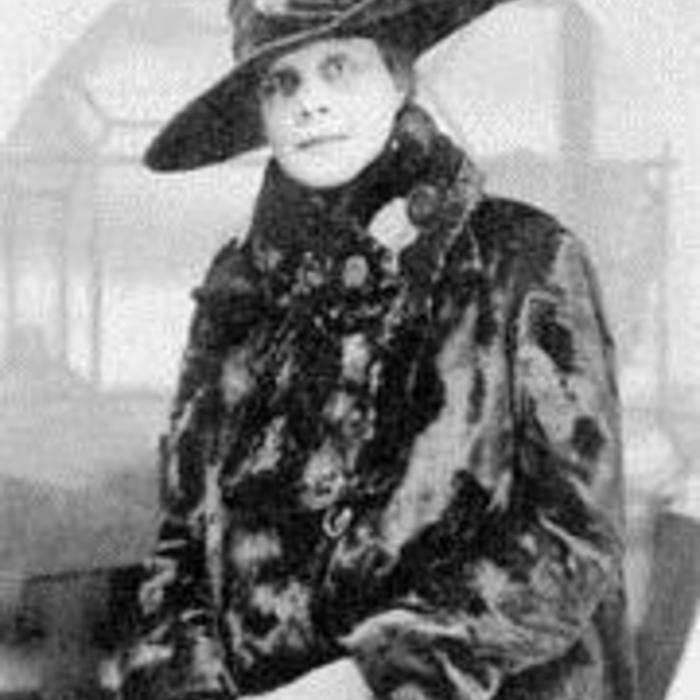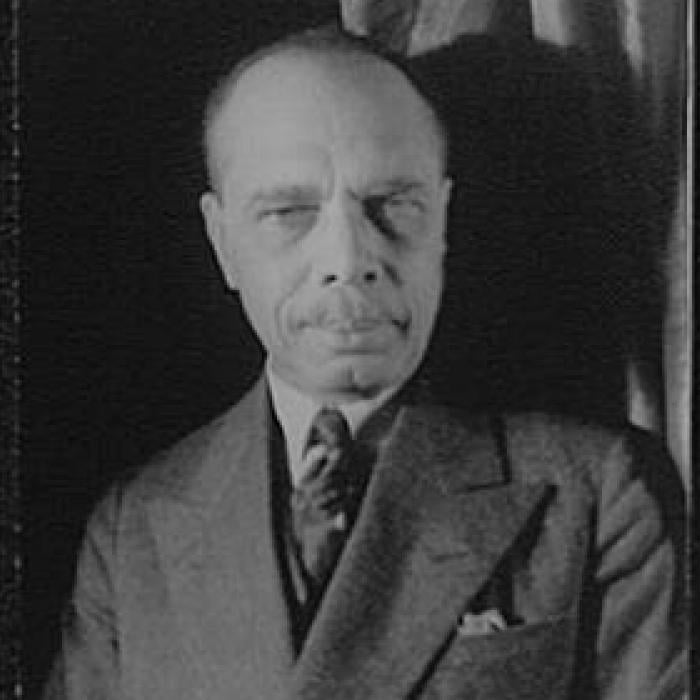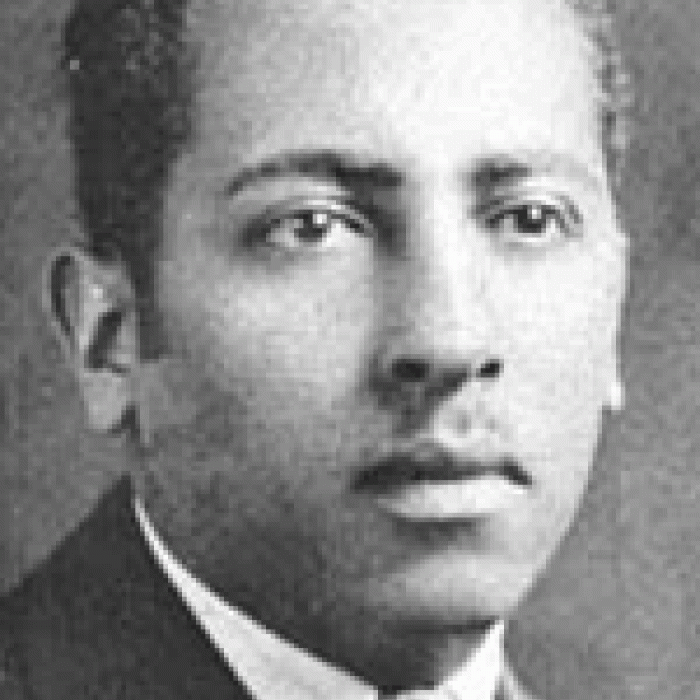Sterling A. Brown
Sterling Allen Brown was born in Washington, D.C., on May 1, 1901. He was educated at Dunbar High School and received a bachelor’s degree from Williams College and was elected to Phi Beta Kappa. He studied the work of Ezra Pound and T. S. Eliot, but was more interested in the works of Amy Lowell, Edgar Lee Masters, Robert Frost, and Carl Sandburg. In 1923, he earned a master’s degree from Harvard University and was employed as a teacher at the Virginia Seminary and College in Lynchburg until 1926. Three years later, Brown began teaching at Howard University and, in 1932, his first poetry collection, Southern Road (Harcourt, Brace), was published. Brown then published two critical studies, The Negro in American Fiction and Negro Poetry and Drama, both published by Associates in Negro Folk Education in 1937. He next edited The Negro Caravan (The Citadel Press, 1941), an anthology covering nearly two hundred years of African American poetry.
Brown’s poetry was influenced by jazz, the blues, work songs and spirituals. Like Langston Hughes, Jean Toomer, Countee Cullen, and other Black poets of the period, his writing expresses concerns about race in America. Southern Road was well received by critics and Brown became part of the artistic tradition of the Harlem Renaissance. But, with the arrival of the Great Depression, Brown could not find a publisher for his second book of verse. He turned to writing essays and focused on his career as a teacher at Howard, where he taught until his retirement in 1969. He finally published his second book of poetry, The Last Ride of Wild Bill, and Eleven Narrative Poems (Broadside Press) in 1975, followed by The Collected Poems of Sterling A. Brown, edited by Michael S. Harper (Harper & Row, 1980). Brown is known for his frank, unsentimental portraits of Black people and their experiences, as well as the incorporation of African American folklore and contemporary idiom into his verse.
Brown died on January 13, 1989, in Takoma Park, Maryland.

